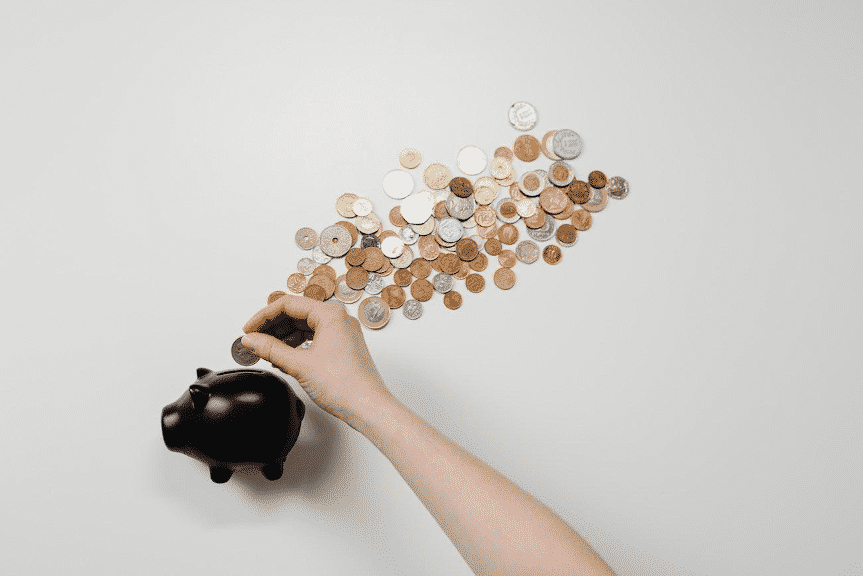While a global pandemic hasn’t been great for businesses, it has had the hidden advantage of reducing consumer spending.
Data published by online loan website Wonga provides some interesting stats about how lockdown impacted borrowing rates in South Africa. Wonga found that:
- In Level 5 lockdown, credit applications fell by 40%.
- The number of people with multiple short-term loans dropped by 32%.
- Average debt-to-income ratios (what you owe vs what you own) reduced by 3%.
Today we’ll investigate why our spending behaviours have changed so dramatically and whether it’s likely to be a long-term pivot.

Changes to Average Savings During the Global Pandemic
There are several factors at play here:
1. Reduced social activities
Inevitably, when people weren’t visiting bars, restaurants, cinemas and theatres, it immediately meant less social spending.
2. Fewer opportunities to spend
Most countries around the world shut up shop – quite literally – with all but essential retailers reliant on online trade for several months at a time.
That means fewer ad hoc purchases, more considered spending, and a lack of reasons to spend cash on flights or other larger purchases that many people typically pay for on credit.
3. Heightened awareness of risk
The pandemic has changed attitudes forever, and when the media was dominated by figures reporting deaths and infection rates, we all felt the loss of a security blanket.
General appetite for risk has fallen considerably, and while that may change once lockdown restrictions end, it’s clear that consumers were cautious about big-ticket expenditure, such as booking holidays or buying a new car.
4. Employment uncertainty
Another essential factor is employment.
Sticking with South Africa, Reuters reports that unemployment rates jumped to 32.5% in Q4 of 2020, meaning a sizable proportion of people were experiencing steep drops in their income.
Knock-on economic challenges will evolve as the world emerges, but many people continue to be cautious with spending, as we can’t yet know the future of job markets.
5. Government financial support
The final element to consider is financial governmental support.
Grants, income support and loans vary between nations, but people worldwide have received relief from the financial strain of the pandemic.
Those additional funds may have replaced essential outgoings.
Still, they may have lessened demand for short-term borrowing, often with no repayments required and no interest charges to budget for.
Ultimately only time will tell how much of a lasting impact the pandemic will have on people’s spending habits. It’s entirely possible that after months of repressed behaviour and limited social interactions that the extra cash saved up is burning holes in many a pocket right now…